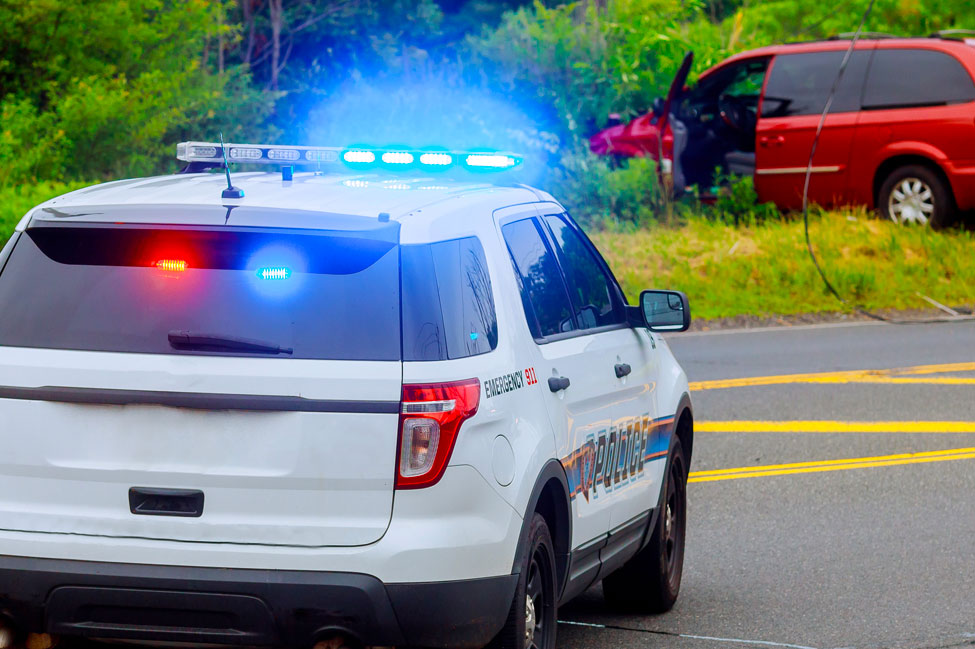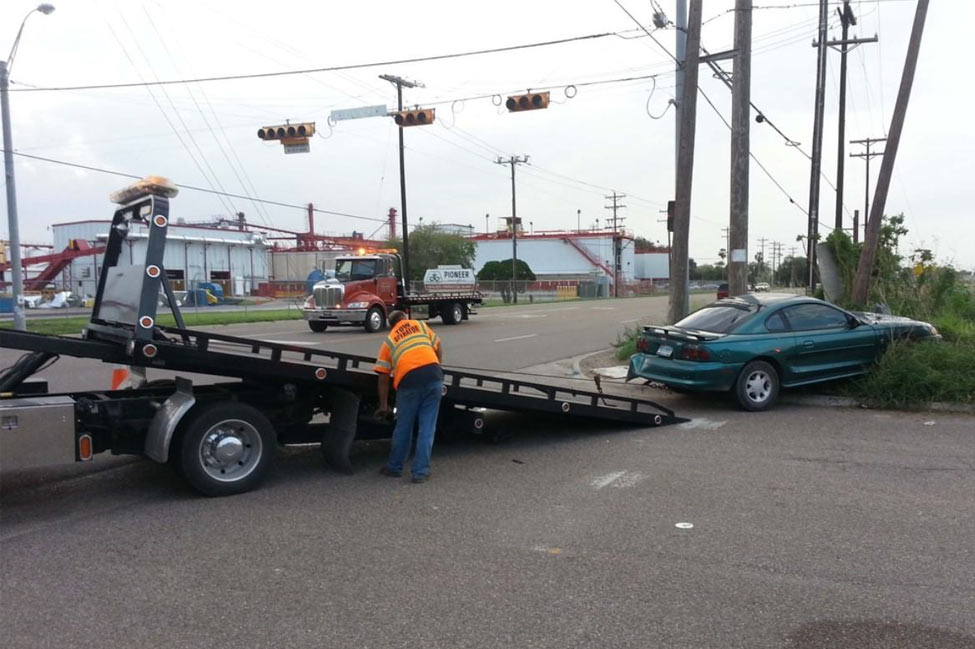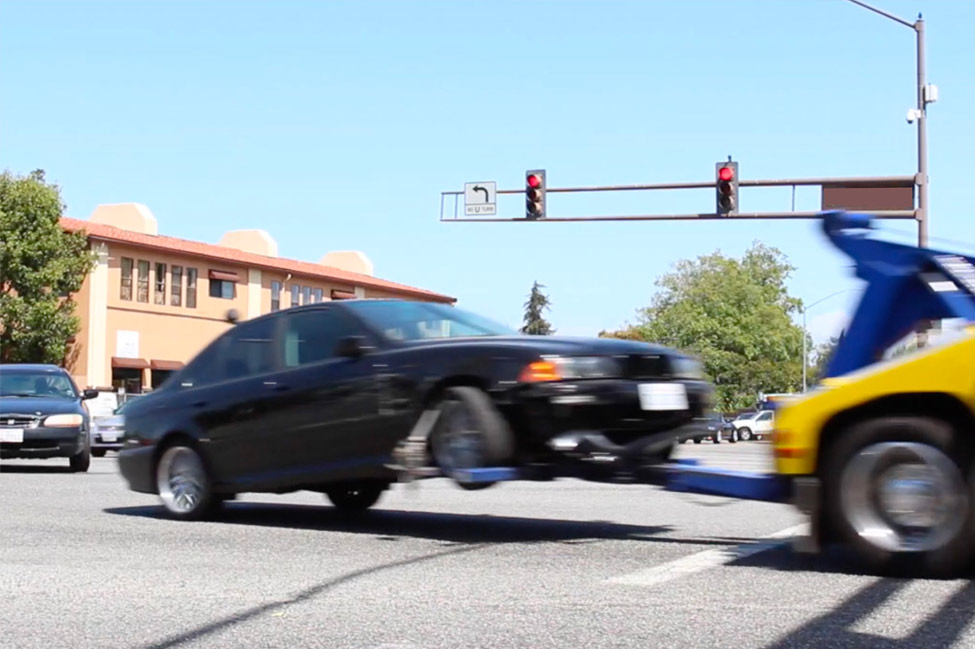How to Get on Police Rotation.
Whenever I’m talking to someone who’s interested in getting into the towing business, sometimes they ask how to get on police rotation. As we’ve discussed in previous videos, there are various types of business models in the towing business, and police towing is one of them. Police towing is considered nonconsensual towing as it can include some or all of the following: accident towing, illegal parking, abandoned vehicle towing, as well as towing a car after an arrest.
While the idea of working for law enforcement may be attractive based on either the perceived prestige it provides or the money that can be made, there are certain requirements you must meet to get on police rotation.
Explaining how to get on police rotation.
There are a couple of challenges that make it difficult to provide you with the specific requirements for getting on police rotation in your area. The first is the fact the governing bodies who administer Police Rotation vary from location to location. In some instances, the City Police handle rotation, while in other areas, there’s a central dispatch that handles rotation for both City, County, and sometimes the Highway Patrol rotation as well. In some areas, the City Council is in charge, and still, in other areas, a third-party dispatching company in another state is the gatekeeper who has the power to give you a thumb up or down.
The second challenge is that the requirements to get on rotation vary as well. In the more rural areas, you may only need a couple of trucks, the right amount of insurance, and provide 24-hour availability. In other areas, you may need half a dozen trucks, including heavies, and a sizable storage facility located within a certain distance from the center of the city.
What I’ll provide here is an overview of the steps involved in getting on rotation, as well as items to consider prior to contacting whoever handles Police Rotation in your area.
Nonconsensual towing requirements for Police Towing.
Regardless of what type of nonconsensual towing you provide, when working for law enforcement, you need to have a piece of property where you can safely store vehicles. And depending on your location-specific requirements, not only must the impounded vehicles be stored where unauthorized public access is prohibited, but you may even be required to have 24-hour video monitoring. Your storage facility must be accessible to the public for vehicle pickup, and you may be required to provide 24-hour availability. And, since you’re handling other people’s property at your facility, you’ll also need to carry Garage-Keeper’s insurance to insure against any damages or loss that might occur.
Towing companies and the tow truck operators themselves may need to obtain certain licenses and permits. In some states, your tow truck operators will need to attain a certain level of certification before being allowed to provide nonconsensual tows. For example, in Texas, there are three levels of tow operator licenses, Consent Tow License, Private Property License, and Incident Management License. Of course, this varies from State to State. In Illinois, to do nonconsensual towing, you need what’s called a “Relocator’s License.” Of course, in some states, the requirements to provide nonconsensual towing services are not as stringent. But overall, the industry seems to be moving in that direction. Besides, it would be in your best interest to be as qualified and experienced as possible before attempting to get on Police Rotation.
Inspections and background checks for your employees.
Part of the requirements may include regular inspections of your facilities and trucks to ensure that your trucks and equipment are properly licensed, lettered, and in good working order. Your storage lot must meet the requirements set out by the Police Rotation Agreement, which may include certain types of fencing, lighting, video surveillance, and public access for retrieving vehicles. Your employees may need to pass regular background checks prior to working with the Police Department. Some departments have this legal requirement put in place to decrease exposure to liability and to ensure the motorists they serve always remain protected.
The politics of getting on Police Rotation.
As you make your way through determining who the gatekeepers are and learning the specific requirements for getting on rotation in your area, you may discover that politics are also in play. Maybe some of the good ole boys don’t want any more towing companies cutting into their limited calls. And they’ve convinced the Police Tow Supervisor or the City Council that additional towing companies would decrease their ability to provide service and hurt their business.
As I see it, when politics gets in the way, there are two ways of responding. The first is to get indignant and insist that you’ve met all the requirements and should be allowed on rotation. You could argue that refusing to allow your business to participate is considered restraint of trade, which is against the law.
While this route may work in some cases, you’re going to need an attorney, and I’m sure the city has attorneys on staff, so it’s going to be an uphill battle. Who knows, the city might just create a new ordinance that prohibits your participation. But if you insist on suing to get on rotation, you’re certainly going to ruffle some feathers. And even if you are successful, there will be bad blood between you and the establishment for quite a while.
The second way of dealing with the politics of getting on rotation is to play the game. The first step in doing this is to erase any thoughts of neediness or entitlement from the equation. You do not need nor are you entitled to be on rotation. With these two concepts firmly understood, contact the Tow Supervisor, and discuss the value that you’ll provide to the Police Department and the community at large. Inquire as to the steps and the time frame for getting on rotation.
Talk to your City Councilmen and see if you can get one or more of them to advocate for you. Become friends with other business owners and ask for their recommendations in handling the situation. You may quickly find out that one or more is friends with the Mayor or the Police Chief and will put in a good word for you.
In my opinion and experience, playing the game is a much better way to go. No one gets upset, and once accepted, you’ll soon be perceived as a valuable addition to the rotation list.
Summary
Of the various towing business models available, getting on Police Rotation is one of the most challenging. Not only is the investment considerably larger on average than other types of towing, but politics can sometimes play a part. And when it comes to handling the property of others, there’s no avoiding conflict. In the end, while nonconsensual towing has its ups and downs, it’s still one of the best businesses to be in.






Leave A Comment